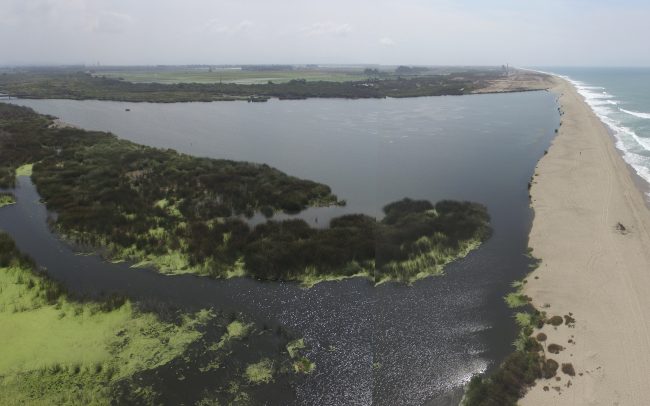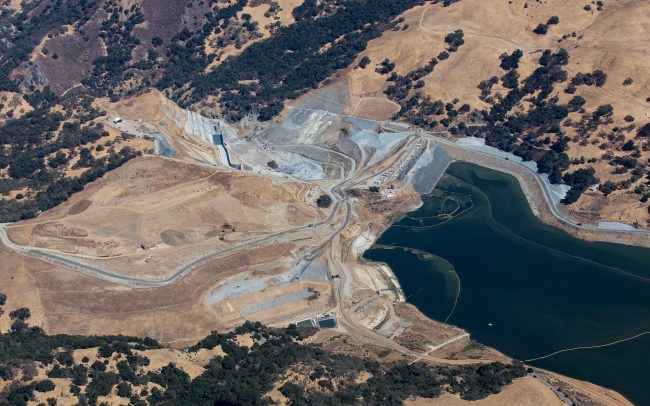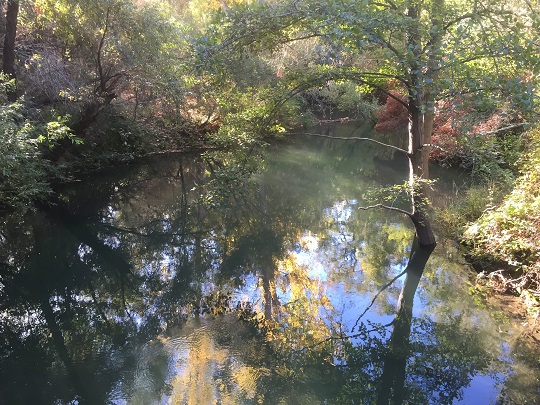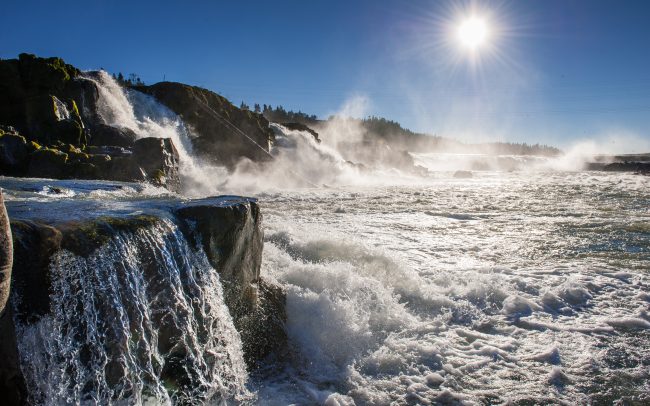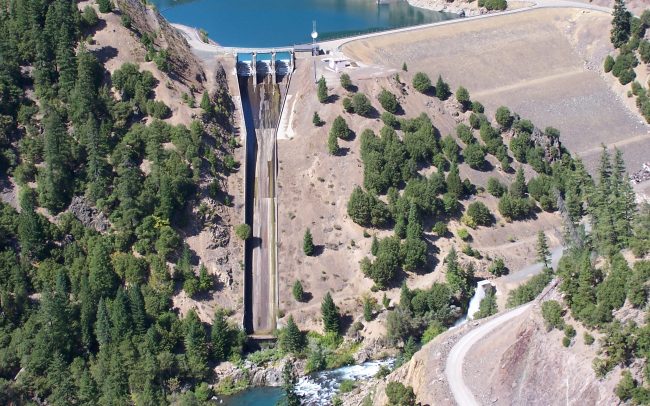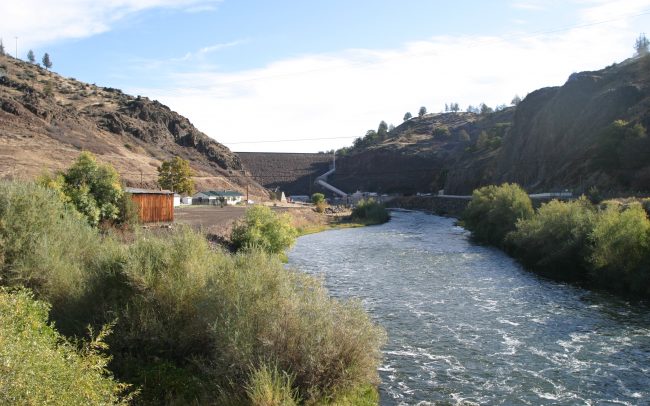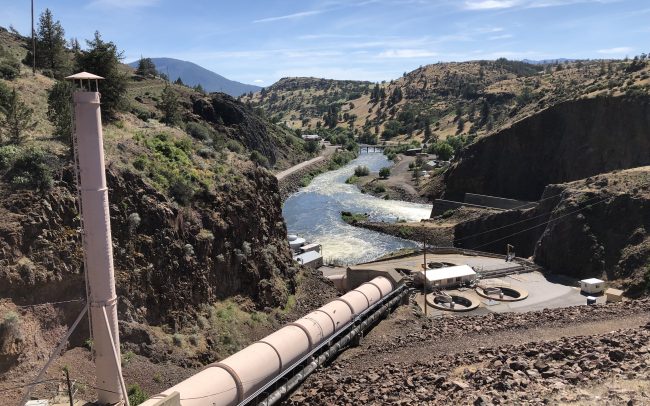Water Quality
From routine water quality surveys to reservoir management, or mercury bioaccumulation studies,
our staff focuses on applied water quality issues.
Public and regulatory concerns over natural and anthropogenic contamination of water supplies have increased the need to understand how water quality influences the health and structure of aquatic ecosystems. To help you address water quality issues affecting beneficial uses of our water, we provide the following services:
- Aquatic bioassessment surveys: CSBP, EMAP and application of State (CA, OR, WA) bioassessment and antidegradation criteria
- Synoptic and continuous in-situ water quality monitoring: pH, temperature, conductivity, dissolved oxygen, oxidation/reduction potential (ORP), total dissolved gas, and turbidity
- Water temperature monitoring network design: thermograph and meteorological station deployment and maintenance
- Reach- and watershed-scale temperature model application: CE-QUAL, SSTEMP, SNTEMP, BasinTemp®, including interpreting possible impacts of climate change
- Sampling and interpretation: algal and bacteriological enumeration data; mineral, metal and nutrient speciation; natural and synthetic organic compounds
Specialized sampling for aquatic herbicides, integrated water column sampling, inter-gravel dissolved oxygen, and sediment chemistry
- Trace clean methods (EPA 1631): assess mercury bioaccumulation in aquatic food webs through the testing of water, sediment, and biota
- Total maximum daily load (TMDL) assessments: for nutrients, sediment, and temperature
- Tracer studies and water quality modeling: assessing rivers, lakes, reservoirs, and wetlands for nutrient and pollutant removal
Stillwater Sciences provides expertise in the development of comprehensive study design and implementation for water quality assessment and monitoring in rivers, lakes, reservoirs, wetlands, and estuaries. Our staff is well-versed in regional and federal regulatory requirements as well as basic and applied research in biogeochemistry, hydrologic assessments, modeling, instream flow effects on sediment and water temperature for sensitive aquatic species, and effects of water impoundments on the accumulation and re-release of sediments, nutrients, and trace metals.

